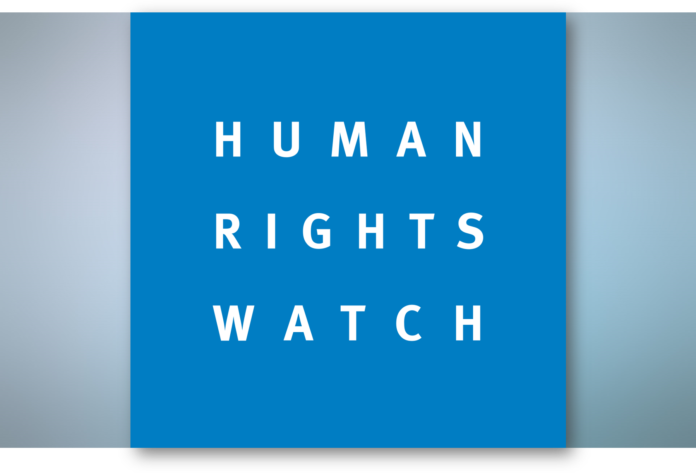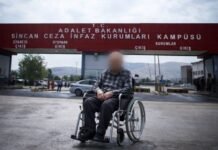A coalition of 15 human rights and media freedom organizations has called on Turkish authorities to immediately end their attacks on peaceful protesters, stop targeting journalists and news outlets and end the crackdown on freedom of speech.
The statement, signed by groups including Human Rights Watch, Amnesty International, the European Federation of Journalists and ARTICLE 19, expressed concern over the Turkish government’s “alarming crackdown on freedom of expression and the right to peaceful assembly” following the detention and subsequent arrest of Istanbul Mayor Ekrem İmamoğlu.
İmamoğlu and two İstanbul district mayors were among more than 100 people targeted by detention orders issued by the İstanbul Chief Public Prosecutor on March 19. He was arrested on March 23 and remanded to pretrial detention on charges including bribery, embezzlement and unlawful acquisition of personal data.
Since İmamoğlu’s detention, protests have erupted across the nation, with law enforcement responding with a brutal crackdown.
Turkish Interior Minister Ali Yerlikaya announced on Thursday that nearly 2,000 people had been detained amid the protests ongoing since March 19. Moreover, the Radio and Television Supreme Council (RTÜK) has sanctioned several media outlets for their coverage of İmamoğlu’s detention. Additionally, social media platform X blocked access to Bianet, one of the few remaining independent news outlets in Turkey, based on a request from the Turkish government.
Several journalists were detained at home for covering the protests in Istanbul and other cities, and BBC reporter Mark Lowen was deported from the country on Thursday.
The group called on the government to immediately end these violations of media freedom and create an environment that allows the media to inform the public and report on events without state interference.
“Intimidating journalists to disseminate only government-approved content undermines the core principles of independent journalism. We also reiterate that journalists and other observers must be protected and able to freely report on public interest issues, including monitoring the actions of law enforcement officials, and must not face reprisals or other harassment.”
They explained that social media remains one of the last platforms through which people in Turkey can access independent voices, allowing activists and journalists to share their views with relative freedom. However, amid the widespread protests, authorities quickly imposed severe restrictions on social media and messaging apps, including ordering platforms to block content related to the protests.
The signatories reminded authorities that they have obligations under international human rights law to respect and ensure everyone’s right to freedom of peaceful assembly and that the blanket bans on protests were disproportionate and unjustifiable.
They condemned the use of force against peaceful protesters and called on authorities to “ensure that any allegations of unlawful use of force and other human rights violations by law enforcement officials, including gender-based violence, torture and other ill-treatment inflicted on protesters, are subject to an effective, impartial and timely investigation.”















